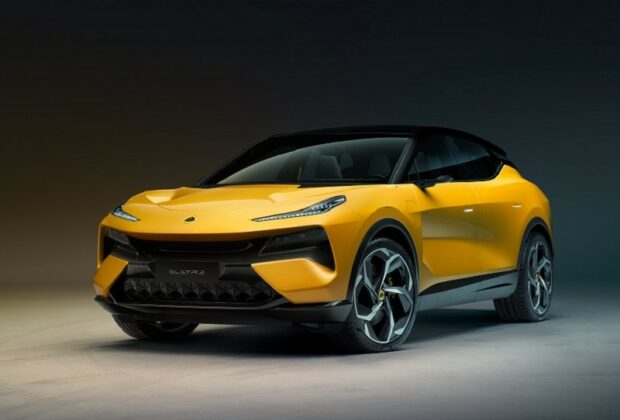This year, Lotus Technology, a manufacturer of high-end electric vehicles (EVs), intends to launch its semi-autonomous driving system in sixty cities on the Chinese mainland.
CEO Feng Qingfeng told the Post on Friday that the company, a part of the British sports car company Lotus Group, in which Chinese automaker Zhejiang Geely Holding owns a majority stake, will concentrate on the premium category even as affordable models dominate the mainland EV market amid a slowing economy.
“We will offer car owners a better experience with our NOA [navigation on autopilot] system this year,” he declared. Lotus intends to enhance its voice-activated control system in order to showcase its technological prowess.
Cars equipped with advanced driver assistance systems (ADASs) may automatically traverse city streets. These systems are able to change lanes completely, detect traffic signals at junctions, pass other vehicles, and make left or right turns.
In an effort to carve out a niche in the largest automotive market in the world, Lotus Tech, which this week raised US$880 million through the completion of a merger with Nasdaq-listed L Catterton Asia Acquisition, a special-purpose acquisition company, will begin delivering its second mass-production EV model to Chinese customers next month.
“Lotus Tech envisions building up an image as a luxury electric and intelligent car assembler, banking on the historical sports car brand,” Feng said. “By focusing on sporty features, we want to make Lotus distinct from other global marques like BMW.”
Since late last year, mainland EV manufacturers—including BYD, the biggest EV assembler in the world—have been lowering prices to maintain sales growth. This is expected to lead to a new price war amid heightened competition.
However, Feng predicted that if new models are successful in drawing in wealthy customers, luxury EV deliveries will continue to expand rapidly in the upcoming years.
The global luxury pure electric vehicle (EV) market is anticipated to increase at an annualised rate of 35 percent between 2021 and 2031, reaching a market size of about 1.9 million units in 2031, according to multinational management firm Oliver Wyman.
Lotus will face out against Tesla and a host of Chinese competitors on the Chinese mainland, including Xpeng, Nio, and Yangwang, the high-end EV brand of BYD.
A third of the 772,500 cars that were given to mainland consumers in 2023, with prices above 400,000 yuan (US$55,567), were battery-powered, according to the CPCA.
According to Feng, Lotus Tech plans to expand its global shop count from roughly 200 in the previous year to 300 by 2025. Lotus, which has over 60 stores in China, will continue to concentrate on the most prestigious cities.








